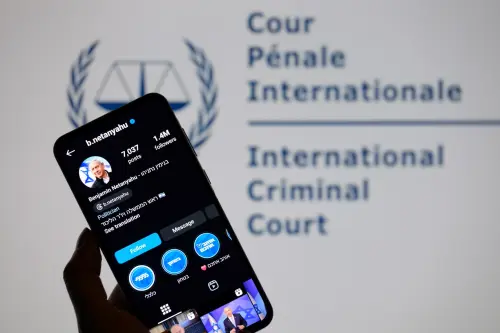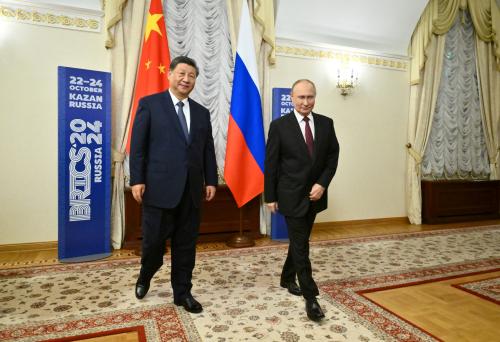Relations between the United States and the Muslim world have deteriorated markedly in the aftermath of the September 11 attacks. The 2008 Doha Compact, signed by 46 leaders from the U.S. and the Muslim World, seeks to encapsulate the ideas that have been developed at the annual U.S.-Islamic World Forum and make recommendations for the next U.S. Administration. It argues that the upcoming election of a new American president presents a moment of great opportunity for the United States and leaders from the Muslim World to recast their mutual relations toward a partnership based on common interests and mutual respect.
The Doha Compact calls for four broad changes in how the United States and the Muslim World approach one another; with specific recommendations associated with each.
The United States needs:
- A new style of foreign policy focused less on an “Axis of Evil” and more on building “Partnerships of Equals” to address shared challenges.
- The United States and the Muslim World should address together the conflicts that have long divided them, as they have a shared interest in resolving these conflicts peacefully.
- The United States needs to better understand the full force of Islam in the Muslim World, as one of the key problems deepening divisions between the United States and the Muslim World has been “How Muslims perceive how the West perceives them.”
- The United States and the Muslim World should partner in improving education and investing in people, so as to unleash the full talents and potential of the region’s citizenry.
The Brookings Institution is committed to quality, independence, and impact.
We are supported by a diverse array of funders. In line with our values and policies, each Brookings publication represents the sole views of its author(s).


